
James Patrick Anderton was a New Zealand politician who led a succession of left-wing parties after leaving the Labour Party in 1989.

Sir Wallace Edward Rowling, commonly known as Bill Rowling, was a New Zealand politician who was the 30th prime minister of New Zealand from 1974 to 1975. He held office as the leader of the Labour Party.
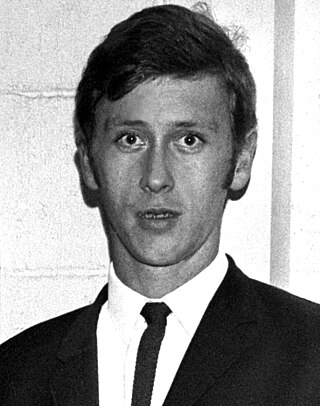
Norman John Kirk was a New Zealand politician who served as the Member of Parliament for Sydenham in the South Island. He was the son of Norman Kirk, a popular Labour Party Prime Minister who died in office.
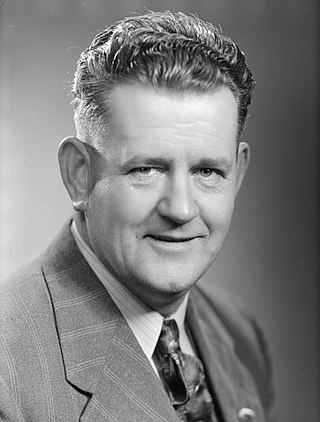
Hugh Watt was a New Zealand politician who was a Labour member of Parliament and the acting prime minister of New Zealand between 31 August and 6 September 1974, following the death of Prime Minister Norman Kirk. He had been the fifth deputy prime minister of New Zealand since 8 December 1972. Watt later served as high commissioner to the United Kingdom.

Robert James Tizard was a Labour politician from New Zealand. He served as the sixth deputy prime minister, the minister of Finance, minister of Health and minister of Defence.

Ronald Leslie Bailey was a New Zealand politician of the Labour Party.
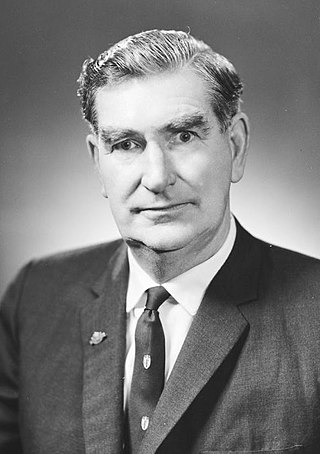
Michael Aynsley Connelly was a New Zealand politician of the Labour Party, and a Cabinet Minister from 1972 to 1975 in the Third Labour Government.
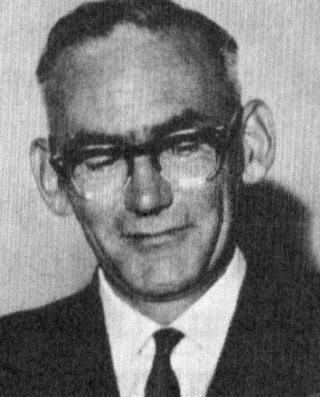
Bruce Gillespie Barclay was a New Zealand politician, being the Member of Parliament for Christchurch Central in the South Island.
Frederick Miroslav Gerbic was a New Zealand politician of the Labour Party.

Warren Wilfred Freer was a New Zealand politician and member of the Labour Party. He represented the Mount Albert electorate from 1947 to 1981. He is internationally known as the first Western politician to ever visit the People's Republic of China after its creation in 1949.
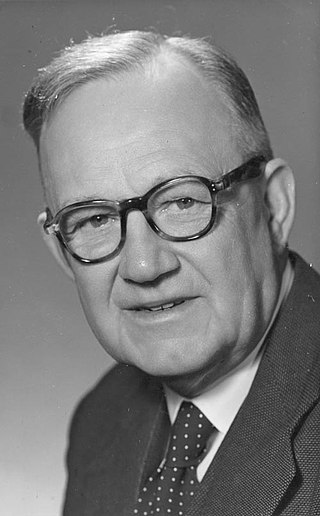
William Theophilus Anderton was a New Zealand politician of the Labour Party. He served as Minister of Internal Affairs in the second Labour Government, from 1957 to 1960.

Colin James Moyle was a New Zealand politician. A member of the Labour Party, he served as a Member of Parliament (MP) from 1963 to 1976 and again from 1981 to 1990. He was a Government minister in the Third Labour and Fourth Labour Governments. He was a close confidant of Bill Rowling during Rowling's short premiership. In the Fourth Labour Government, as Minister of Agriculture, Moyle oversaw the removal of farming subsidies and the establishment of a fisheries quota system.
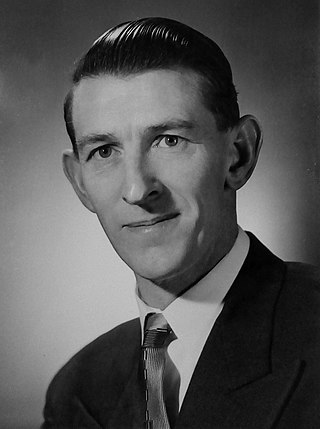
William Alex Fraser was a New Zealand politician of the Labour Party.

Norman James King was a New Zealand politician of the Labour Party, and a cabinet minister.
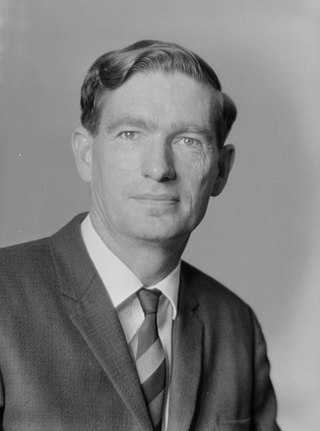
Fraser MacDonald Colman was a New Zealand politician of the Labour Party. He represented the electorates of Petone from 1967 to 1978, and then when Petone was renamed, Pencarrow from 1978 to 1987, when he retired. He was the cabinet minister chosen to represent New Zealand in 1973 on its warships during their protest against the nuclear weapons testing carried out by France.

Roger Patrick Blundell Drayton was a New Zealand politician of the Labour Party.

The 1974 New Zealand Labour Party leadership election was held on 6 September 1974 to determine the eighth leader of the New Zealand Labour Party. The election was won by Tasman MP Bill Rowling.
On 3 February 1983, a New Zealand Labour Party leadership election was held to determine the leadership of the New Zealand Labour Party. The leadership was won by Mangere MP David Lange, who had been Deputy Leader of the party since 1979.
New Zealand political leader Bill Rowling assembled a shadow cabinet system amongst the Labour caucus following his position change to Leader of the Opposition in 1975. He composed this of individuals who acted for the party as spokespeople in assigned roles while he was leader (1975–83).
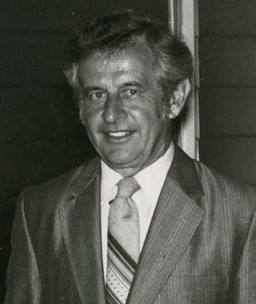
John Francis William Wybrow was a New Zealand politician and diplomat. He was the secretary of the Labour Party and later New Zealand's High Commissioner to Canada.
















